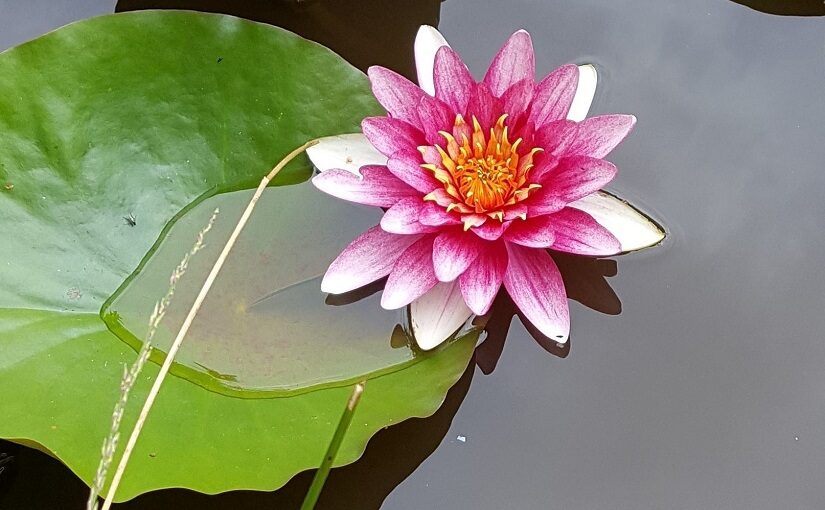When it comes to learning about “life” – where we stand, all we’ve been through, how society works, which qualities we’ll need throughout our years – it’s interesting to consider where our ideas come from (Notes One). As, while there may be limitless ways of approaching life and choosing to live it, won’t the decision over “which” paths to take and things to hold in mind essentially “become” what society then “is”?
Isn’t education, in a way, leading young people onto the paths we want them to walk? Telling them tales that hopefully make sense of the world around them and help them identify, uphold and pass on all the things that matter within that landscape. Bringing together a comprehensive, balanced, compassionate understanding of “life” as it currently stands along the path humanity’s been walking.
Distilling all the knowledge, understanding, insight and vision of human heritage down into accessible, digestible, compatible nuggets of wisdom that might grow up alongside the next generation of adults seems a beautiful task. This hope of, somehow, conveying where we’ve come from and what we’re aiming for – each of us always a step, a link in many long chains – so that everything’s responsibly taken in hand.
Yet, between all the voices and agendas, how much agreement do we have over any of these things? Aren’t everyone’s priorities, concerns and interests increasingly incompatible? Sometimes it seems “education” is simply the meeting point of countless causes: economic, governmental, cultural, social, personal, global, spiritual, environmental. This vortex of passionate, heartfelt concern within which children live.
Because, of course, we know youth is “the moment” where the future’s set in motion and foundations are laid that can take lifetimes to unravel, rework and set straight (Notes Two). So much happens there to shape each individual’s self-esteem, social confidence and general engagement with charting their “best path” through life.
Given the power formative experiences have in shaping our lives, it’s perhaps hardly surprising everyone has something to say: don’t we all want to fix problems, smooth out differences, create systems that work for everybody? Bringing all that together in workable ways doesn’t seem straightforward, though (Notes Three).
If the task of education is to stand between the interests of state, business, family, culture and the individual and mediate some kind of respectful agreement between all parties, how’s that to work? Attempting to “redress” social or cultural backgrounds seems to step between children and their families; an interesting place for anyone to try to stand.
As times get more fraught, the question of how it’s all going to play out seems important. If children are to exist at this strange vortex of cultural, economic, technological, political and familial forces, how are they to broker some kind of understanding over which voices to trust or paths to follow? (Notes Four)
We might all have something to say about life’s priorities, but the idea of who we choose to become and how well it’s coming together into a healthy, harmonious society doesn’t seem easily resolved.
Notes and References:
Note 1: Where do we get our ideas from?
Note 1: Knowledge, capacity & understanding
Note 1: Ideas around education & responsibility
Note 1: Common knowledge
Note 2: Personal archaeology
Note 2: Living as an open wound
Note 2: Problems & the thought that created them
Note 2: Modern challenges to relationship
Note 2: The self within society
Note 3: Mutual awareness and accommodation?
Note 3: Understanding what we’re all part of
Note 3: The thought surrounding us
Note 4: Which voice can we trust?
Note 4: Passing on what’s important
Note 4: The stories that we hear
Note 4: Pace of change & getting nowhere fast
Note 4: Reading between the lines
Looking to the timeless nature of such concerns around the ideas we have in mind was one focus within Plato & “The Republic”.

